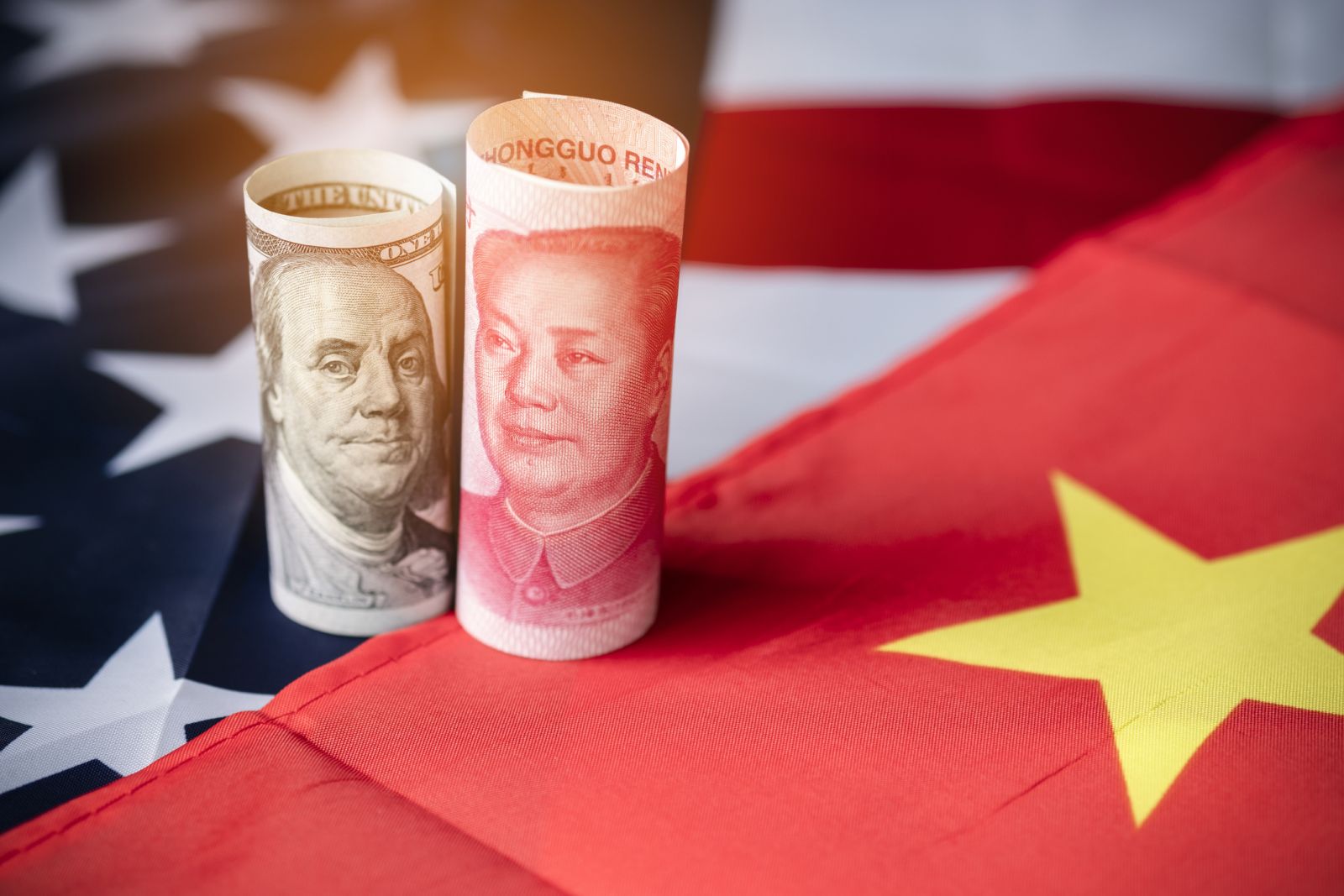
Chinese stocks, which as an asset class have been underperforming global markets for the last few years, sprung back to life last week after the country unleashed a flurry of stimulus to revive its economy. Alibaba (BABA) stock gained over 21% last week, and extended its YTD gains to 38%. BABA has hit a string of new 52-week highs, as investors load up on Chinese stocks, anticipating more stimulus measures from the world’s second-largest economy.

To be sure, the year started on a rough note for Chinese stocks, including BABA; the Chinese ecommerce giant fell below the IPO price of $68 in January. Since the company went public in the U.S. in 2014 and started paying dividends only last year, it delivered negative returns for nearly a decade.
While Alibaba has recovered from its 2024 lows, it is still way below its 2020 highs. Here’s the Q4 forecast for BABA, and a look at whether the stock’s rally can continue into the final quarter of the year.
What Does China’s Economic Stimulus Mean for Alibaba?
China has eased monetary policy, which will lower mortgage payments for borrowers. Theoretically, it will put more money in the hands of consumers and lead to higher consumption. China is providing cash handouts to the poor, which should also aid consumption. The country is also looking to support its ailing housing sector, whose slowdown has had a ripple effect on the Chinese economy.
These measures should help to improve investor sentiment, and most analysts have largely welcomed the long-overdue stimulus, which is the biggest since the COVID-19 pandemic. However, some others are apprehensive, and doubt whether it will be enough to combat the structural slowdown in the Chinese economy.
To be sure, it remains to be seen whether these measures can revive consumption in the world’s second most populous country. However, the Communist Party’s politburo has shown a strong intent to support the economy and achieve the growth targets – which is set at 5% for this year. Amid a slowing domestic economy and tensions with trade partners, the stimulus looks like China’s “whatever it takes” moment.
Alibaba Stock Forecast
Alibaba has received a consensus rating of “Strong Buy” from 17 analysts covering the stock. However, after the stellar rally last week, BABA has run ahead of its mean target price of $105.02. Its Street-high target price of $130 is about 21% higher than Friday’s closing prices.

I believe sell-side analysts will also gradually raise Alibaba’s target price, as the company’s outlook has improved, given China's intent to support the economy. That said, the Chinese leadership will need to do a lot more to lure back foreign investors into the country, as their confidence has been shattered by the tech crackdown and the strong communist ideological moves by President Xi Jinping.
A possible second presidency for Donald Trump is another potent risk for China. The Biden administration wasn't soft on China either, and most recently cracked down on the “de minimis” trade provision, which allowed the likes of Temu and Shein to import goods into the U.S. without paying tariffs. However, a second Trump presidency could only escalate the tensions between the countries.
Can Alibaba Stock Still Go Higher?
While Alibaba shares have rallied sharply from their 2024 lows, the company’s valuation still looks tame, and the next 12-months (NTM) price-to-earnings (PE) multiple of 11.84x has room to expand further if China can come up with more measures to revive the economy and improve market sentiments.
It would be prudent to take the stimulus announcements with a pinch of salt, though, and there is nothing to suggest that the country will move toward a more stable policy environment. However, I believe BABA stock can still go higher from these levels, given the tepid valuations and the company's strong fundamentals.
Alibaba has largely put regulatory issues in the backseat. Last month, it completed a three-year regulatory “rectification” process initiated in 2021, when the company also paid a record $2.8 billion fine over antitrust issues.
Its fintech subsidiary, Ant Financial, has also cleared regulatory hurdles, and the company might pursue a listing sometime in the future (its 2020 IPO was famously canceled by China after Jack Ma criticized the country’s regulators). Last year, Alibaba restructured its business into six units and was looking to list these to create shareholder value. These efforts, however, took a beating when the company called off the IPO of its Cloud segment last year as the U.S. crackdown on chip exports to China took a toll on that business.
All of that said, Alibaba’s core ecommerce business is stabilizing, while the cloud business has also shown signs of improvement. Given the improved sentiments, I believe it is still not too late to buy Alibaba stock - and while BABA might not go back to its 2020 highs anytime soon, its returns can still catch up with those of its U.S.-based tech peers after years of underperformance.
On the date of publication, Mohit Oberoi had a position in: BABA . All information and data in this article is solely for informational purposes. For more information please view the Barchart Disclosure Policy here.






